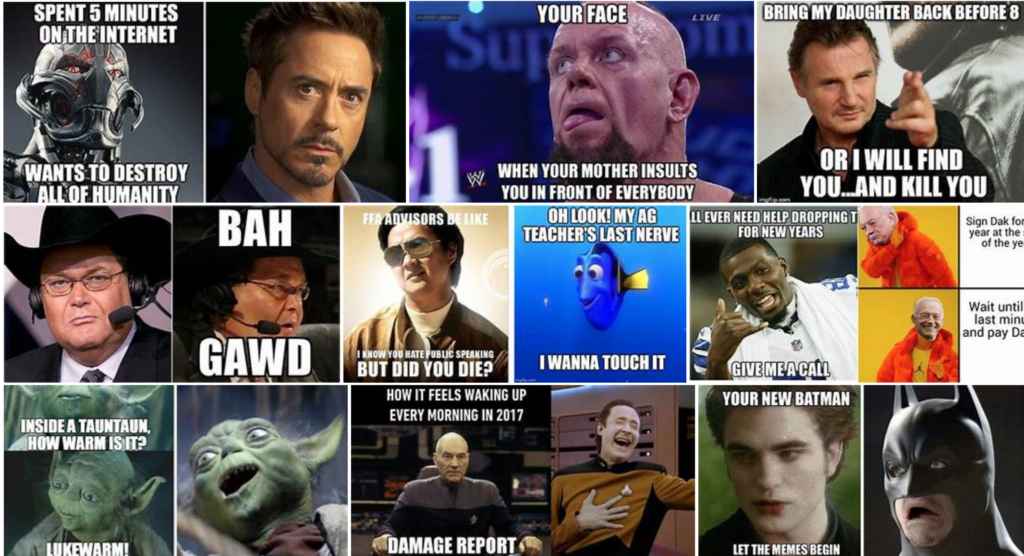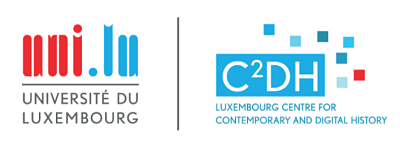
Milner, R (2012). The world made meme: discourse identity in participatory media. Doctoral dissertation, University of Kansas. Available at: https://kuscholarworks.ku.edu/handle/1808/10256 Google Scholar |
Abstract: This project explores internet memes as public discourse. ‘Meme’ is a term coined by biologist Richard Dawkins to describe the flow, flux, mutation, and evolution of culture, a cultural counter to the gene. But the term has evolved within many online collectives, and is shifting in public discourse. In this emerging sense, ‘memes’ are amateur media artifacts, extensively remixed and recirculated by different participants on social media networks. But there is reason to doubt how broad and inclusive this amateur participation is. If the networks producing memes are truly participatory, they will definitionally facilitate diverse discourses and represent diverse identities. Therefore, we need detailed empirical work on specific participatory sites in order to clarify questions of mediated cultural participation. My goal was a better understanding of discourse and identity in participatory media through an investigation of memes and the collectives producing them. To answer this question of mediated cultural participation, I used a critical discourse analytic method and focused on three criteria indicative of cultural participation: processes, identities, and politics. The results were mixed. First, while the formal processes necessary for making memes were open, they required literacy to engage. Second, while meme collectives were readily and broadly accessible by diverse identities and perspectives, they were gatekept by subcultural insiders who privileged some and marginalized others. Third, while diverse political commentary did occur, it happened in a relatively narrow frame of perspectives. However, these inequalities did not mean polyvocal public participation was absent in meme collectives. Memes were a means to transform established cultural texts into new ones, to negotiate the worth of diverse identities, and to engage in unconventional arguments about public policy and current events. Memes were a mix of old inequalities and new participation.
